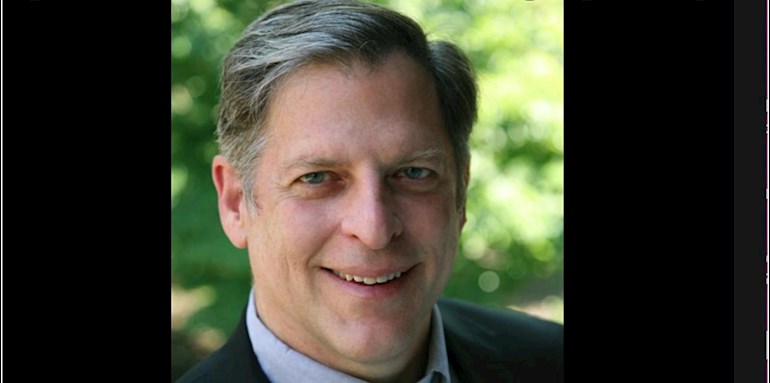Thank you to Dr. Jonathan Sackner-Bernstein for his excellent, thought-provoking presentation yesterday titled "What if I discovered the Silver Bullet?"
Motivated by a friend’s suffering from Parkinson’s, Dr. Sackner-Bernstein focused on a gap in our understanding of the disease: no one had so far measured the amount of dopamine in the dopaminergic neurons of people with Parkinson’s. This is critically important because dopamine is toxic to these cells, which would then be a driver of neuron dysfunction and death, leading to disease progression.
He published his analysis last summer in the Journal of Parkinson’s disease showing that these critical neurons do not lack dopamine – they have excess dopamine. This led him to design a clinical trial to test a drug that addresses this newly defined mechanism of disease.
If you missed this presentation, or wish to watch it again, then access our YouTube channel in clicking on this link:
youtube.com/watch?v=k703Shl...
Jonathan is moving forward with trial phases and we will keep you updated as developments unfold.
